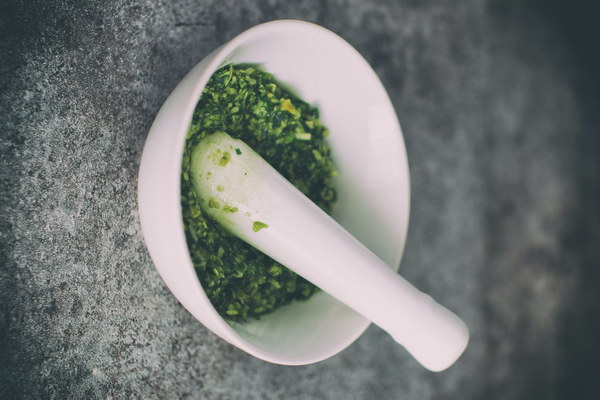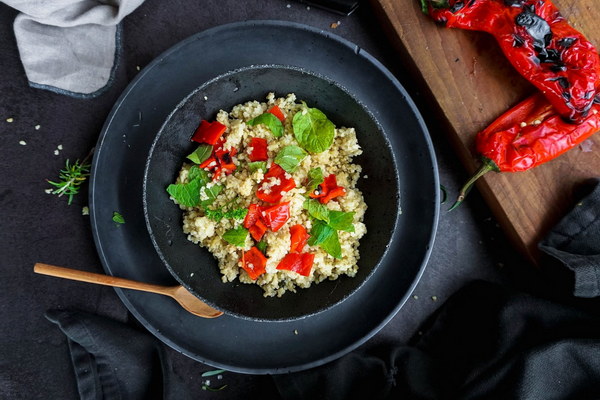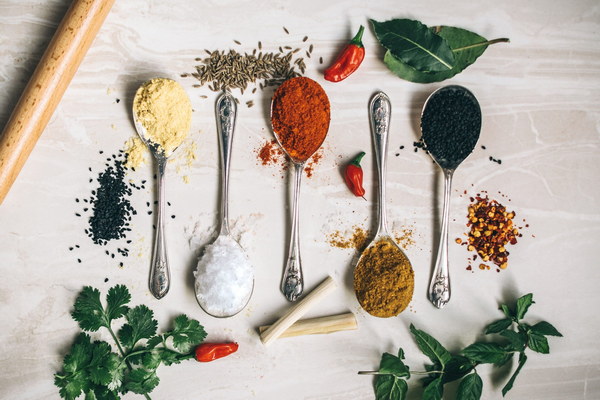Natural Wetness Woes Discover the Best Herbs to Brew for Dampness Relief
In the pursuit of health and wellness, many individuals turn to natural remedies to address common ailments. One such condition that plagues many is dampness, a term often used in traditional Chinese medicine to describe a feeling of heaviness and discomfort caused by excess dampness in the body. To combat this, herbal remedies are a popular choice. Here’s a guide to the best herbs to brew for dampness relief.
Introduction to Dampness
Dampness is believed to be caused by an imbalance in the body’s fluids, leading to symptoms such as fatigue, joint pain, and digestive issues. It's common in regions with high humidity or during seasons when the weather is damp. In traditional Chinese medicine (TCM), dampness is often associated with the Spleen and Liver, which play a crucial role in maintaining the body’s balance of fluids.
Herbs to Brew for Dampness Relief
1. Astragalus (Huang Qi)
Astragalus is a well-known herb in TCM, known for its immune-boosting properties. It's also believed to strengthen the Spleen and Lung functions, which help in draining dampness from the body. Brew a cup of astragalus tea by adding one to two slices of dried root to boiling water, steeping for 10-15 minutes, and drinking twice a day.
2. Poria (Fu Ling)
Poria is a key herb in TCM for resolving dampness. It's often combined with other herbs to enhance its effects. Poria has diuretic properties and is believed to help remove excess fluid from the body. To make a tea, use one to two tablespoons of powdered poria and steep in hot water for 15-20 minutes. Drink this tea once or twice daily.
3. Licorice Root (Gan Cao)
Licorice root is a versatile herb in TCM, known for its ability to harmonize the other ingredients in a formula. It's often included in dampness formulas to support the Spleen and Liver. Brew licorice root tea by steeping one to two slices of the root in hot water for 10-15 minutes. This tea can be consumed twice a day.
4. Codonopsis (Dang Shen)
Codonopsis is another herb that is believed to strengthen the Spleen and Lung, aiding in the drainage of dampness. It is often used in combination with other herbs to enhance its effects. To prepare a tea, add one to two slices of dried codonopsis root to boiling water and steep for 10-15 minutes. Drink this tea once or twice daily.

5. Cinnamon (Rou Gui)
Cinnamon is a spice that also has medicinal properties in TCM. It's known to warm the body and aid in resolving dampness. To make a cinnamon tea, simply add a small piece of cinnamon bark to hot water and steep for about 5 minutes. This tea can be consumed once or twice daily.
6. Dong Quai (Angelica sinensis)
Dong quai is a popular herb in TCM, often used to nourish the blood and regulate the body’s fluids. It's believed to help resolve dampness and improve overall health. Brew a tea by steeping one to two tablespoons of dong quai in hot water for 15-20 minutes. Drink this tea once or twice daily, but be cautious if you have a history of blood disorders.
Conclusion
While herbal remedies can be a great addition to your wellness routine, it's important to remember that they are not a substitute for professional medical advice. If you are experiencing persistent dampness or any other health concerns, it's best to consult with a healthcare provider or a TCM practitioner. By incorporating these herbs into your diet, you may find relief from the symptoms of dampness and enjoy improved overall health and well-being.









